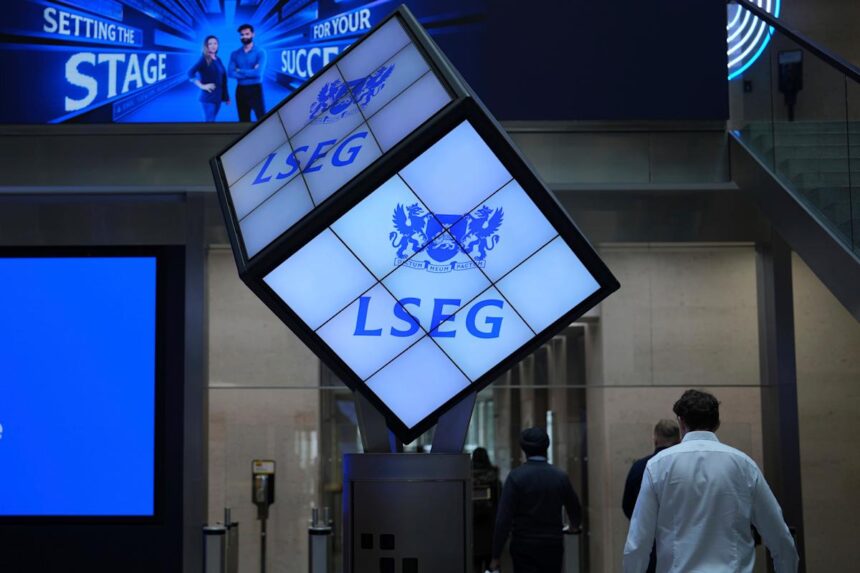The London Stock Exchange Group (LSEG) has made a significant move in the financial sector by launching a blockchain-based infrastructure platform for private funds. This initiative positions LSEG as the first major global stock exchange to adopt such a system, branded as Digital Markets Infrastructure (DMI).
DMI is designed to manage the complete lifecycle of digital assets, encompassing issuance, tokenisation, and post-trade settlement. Created in collaboration with Microsoft, the platform operates on Microsoft Azure, reflecting the ongoing trend among large financial institutions to utilize blockchain technology. Proponents argue that blockchain streamlines the processes of issuing, trading, and settling financial assets, making them faster, more affordable, and more user-friendly.
LSEG’s new platform aims to facilitate interoperability between distributed ledger technology (DLT) and traditional financial systems. This advancement is part of a broader effort by the group to provide comprehensive services that encompass both digital and traditional asset classes. Private funds are the inaugural asset class on the platform, with plans for additional classes to be integrated in the future. Furthermore, DMI is seamlessly connected to Workspace, LSEG’s competitor to the Bloomberg terminal.
The launch has already attracted notable clients, including MembersCap, a capital management firm, and Archax, a London-based Financial Conduct Authority-regulated crypto exchange. EJF Capital has also signed on as an early user, with plans to offer select funds on the platform shortly.
Bill Borden, corporate vice president of worldwide financial services at Microsoft, highlighted the transformative potential of this collaboration, stating that it “empowers our customers to unlock new opportunities and drive meaningful change.” The exploration of blockchain technology, which initially gained recognition in the realm of cryptocurrencies, has now extended its reach to traditional financial institutions—stock exchanges, banks, and asset managers alike—seeking to enhance asset management processes.
For LSEG, the DMI platform aims to alleviate inefficiencies that have long plagued private market operations, aiming to enhance liquidity and broaden access to capital markets. Darko Hajdukovic, head of digital markets infrastructure at LSEG, emphasized the possibility of improving connectivity between digital and traditional assets. He marked the onboarding of initial clients and the execution of the first transaction as pivotal steps, underlining the demand for an end-to-end, regulated financial markets DLT infrastructure.
The new platform endeavors to enhance transparency and accessibility in private market investments, which have historically been challenging to navigate. Its launch could potentially accelerate the merger of decentralized finance (DeFi) with conventional financial systems.
Under CEO David Schwimmer’s leadership, LSEG has been vigorously pursuing innovation, reportedly considering 24-hour trading at the London Stock Exchange. Although no formal decisions have been made, Schwimmer disclosed that discussions are ongoing about extending trading hours. “We are looking at whether we should be changing our hours,” he stated, adding that any decisions would involve consultations with market participants and close cooperation with regulators.
This exploration comes as an increasing number of investors gravitate towards platforms like Robinhood for after-hours trading, contrasting sharply with the traditional UK trading hours of 8 AM to 4:30 PM observed at the London Stock Exchange. The prospect of 24-hour trading presents a set of challenges, including necessary technological upgrades, regulatory implications, and potential impacts on liquidity for dual-listed companies.







